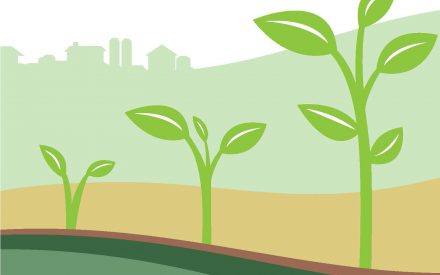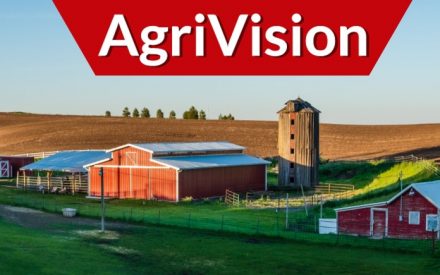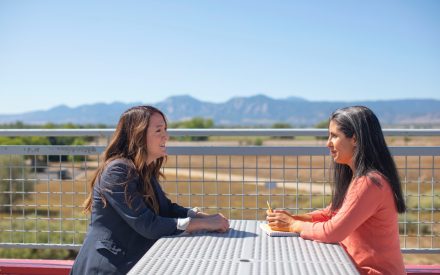The University of Wisconsin-Madison Division of Extension invites you to explore our collective capacity to serve Wisconsin’s HMoob farmers and contribute to a sustained presence of the HMoob farming community as an important part of Wisconsin agriculture and healthy food access.
Participants of this winter meeting series will share experience, knowledge, and goals for improving outcomes for HMoob farmers. The UW-Madison Division of Extension recognizes HMoob farmers as important to Wisconsin communities and healthy food systems. The Extension Agriculture Institute supports farmers with research-based information and educational resources and seeks to strengthen partnerships with organizations to support HMoob farmers. Participants are encouraged to attend any or all of the meetings in the series either in person or virtually.
Register here to attend the meeting series
Winter 2022 meeting series for “Exploring Capacity to Serve Wisconsin HMoob Farmers”
January 18, 2022, virtual symposium 1-3 pm “Needs Voiced by HMoob Farmers”
Participants are invited to learn about a project to explore the needs of HMoob farmers and share perspectives on HMoob farmer needs and goals. UW-Extension will share needs and goals voiced by farmers in focus group discussions held in three Wisconsin communities, and interviews with farmers market vendors across the state from 2020-2022.* Organizations and individuals serving HMoob communities will add their insights.
February 15, 2022, virtual forum 1-3 pm “Advancing Outcomes for HMoob Farmers”
This forum will focus on identifying better outcomes for HMoob farmers based on the challenges and goals discussed at the January meeting. Participants will discuss the change needed for farmers to realize their goals and address their challenges/needs.
March 15, 2022, virtual meeting “Culturally Responsive Programs”
Participants reconvene to discuss culturally relevant activites that achieve better outcomes for HMoob farmers. Participants share existing programs that may be scaled up to achieve outcomes consistently across the state, and/or novel ideas for the development and implementation of programs to address necessary changes.
All meetings are sponsored by the UW Madison Division of Extension; there is no cost to attend.
Next steps: “Capacity gaps and resources”
Participants discuss the capacity to implement ideas for “cultural responsive programs” and resources such as the USDA NIFA Socially Disadvantaged Farmer Rancher Grant and other grant opportunities to address capacity gaps.
*A video describes the project “Exploring Extension Capacity to Work with HMoob Farmers” for farmers who participated in the focus group discussions; in HMoob: https://youtu.be/U1hl_Nt6Ubg and in English: https://youtu.be/8Eh63nK2YO0
For questions, please contact: farms@extension.wisc.edu



 AgriVision Episode 23 - At a Crossroads
AgriVision Episode 23 - At a Crossroads Communications
Communications Profitability: Seed for a farm's future
Profitability: Seed for a farm's future


